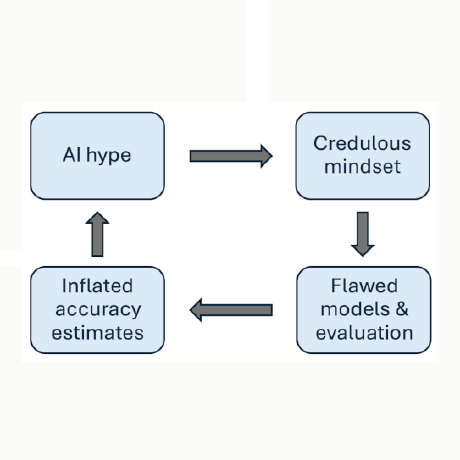Discover and explore top open-source AI tools and projects—updated daily.
interpretable_machine_learning_with_python by  jphall663
jphall663
Jupyter notebooks for interpretable ML model training, explanation, and debugging
Top 49.8% on SourcePulse
This repository provides a comprehensive set of Jupyter notebooks demonstrating techniques for building, explaining, and debugging interpretable machine learning models. It targets data scientists and analysts seeking to enhance transparency, accountability, and trustworthiness in AI systems, offering practical examples for regulatory compliance and stakeholder communication.
How It Works
The notebooks showcase a range of methods including monotonic XGBoost models, partial dependence (PDP) and individual conditional expectation (ICE) plots for model introspection, and Shapley explanations for generating reason codes. It also covers decision tree surrogates, disparate impact analysis for fairness, LIME for local explanations, and various sensitivity and residual analyses for model debugging and validation. This multi-faceted approach aims to demystify complex models, enabling users to understand, validate, and improve their accuracy, fairness, and security.
Quick Start & Requirements
- Recommended: H2O Aquarium (free educational environment) at
https://aquarium.h2o.ai. - Virtualenv: Requires Git, Anaconda Python 5.1.0+, Python 3.6,
pip install -r requirements.txt. - Docker: Requires Docker. Build image with provided Dockerfile, run with
docker run -i -t -p 8888:8888 iml:latest. - Manual: Requires Anaconda Python 5.1.0+, Java, H2O Python package, Git, XGBoost, GraphViz, Seaborn, Shap. All must be in system path.
Highlighted Details
- Demonstrates monotonic constraints in XGBoost for regulatory compliance.
- Provides methods for generating "reason codes" from Shapley values.
- Includes disparate impact analysis for fairness testing.
- Covers sensitivity and residual analysis for model debugging.
Maintenance & Community
The repository is maintained by jphall663. Further reading links to several relevant academic papers and articles on responsible AI and interpretability.
Licensing & Compatibility
The repository does not explicitly state a license. The use of libraries like XGBoost, H2O, and Shap implies compatibility with their respective licenses. Commercial use should be verified based on the specific licenses of the included libraries and any potential restrictions not detailed in the README.
Limitations & Caveats
The README explicitly states that the notebooks and associated materials should not be taken as legal compliance advice. Some installation methods (Virtualenv, Docker, Manual) are marked as "Advanced." Anaconda Python 5.1.0 is specified, which is an older version.
1 year ago
Inactive

 eli5-org
eli5-org explainX
explainX ModelOriented
ModelOriented understandable-machine-intelligence-lab
understandable-machine-intelligence-lab h2oai
h2oai pbiecek
pbiecek lopusz
lopusz interpretml
interpretml SeldonIO
SeldonIO PAIR-code
PAIR-code meta-pytorch
meta-pytorch